“Whitewashed” has become a term used to describe those who behave in a “white manner.” Calling someone “whitewashed” is not only inaccurate, but also makes no sense – it is impossible to act as a skin color.
As a first generation Pakistani-American, I have received countless comments saying that they “assumed I was white at first glance,” or asking “why the color of my skin is not ‘brown’ like the rest of my family.” Though I assumed people were describing my complexion when they called me “whitewashed,” that is apparently not the case.
One of my close relatives occasionally makes direct comments about how “I no longer associate with my roots” and how I have “lost touch with the culture.” They also make condescending remarks about how my skin color influences me to act “white” and not “brown” like the rest of my family.
Although I have a “white background” (I’m Swiss), I am much more in touch with Pakistani culture, since I travel there twice a year. I have hesitated to tell others about my Swiss background ever since.
What confused me about the comments was that they were never directed towards my brothers. To this day, I assumed it was due to our differing complexions. Both my siblings have an olive complexion, much deeper than my paler skin tone. They never receive comments concerning how “brown” they are, even though all three of us attend the same family dinners, socialize in the same circles and attend the same parties.
I agree that I am not the same as I was back in sixth grade. Although I swapped the neon-yellow Under Armour T-shirts for less childish clothes, the change does not mean I have “become white” like some of my family members say.
As I grew older, I started to ignore the comments labeling me as “whitewashed.” Anyone who called me that judged me off my appearance and the prestigious school I attend. When people said that I didn’t embrace my Pakistani heritage, I used to be offended, constantly thinking about what I could do to better immerse myself in South Asian culture.
My parents both work tirelessly every day to provide me and my siblings with a great lifestyle and to allow us to go to an excellent school. When I entered eighth grade, I started to try to fit the stereotypes people set for me. Dressed in a different style of clothing, I started to receive even more comments than before—now shamed for my new outfits.
The automatic assumption that I distance myself from, or even avoid, my Pakistani roots is not only inaccurate, but ridiculous.
When outsiders comment on my appearance by saying, “you don’t look Pakistani,” they are often going off the pictures of men in shalwar kameez, a traditional South Asian outfit.
It makes no sense to me how one can act in a “Pakistani” manner. Both of those categories do have culture and history dating back hundreds of years; however, one cannot behave in a way that correlates to a country.
When referring to someone as “whitewashed,” think twice about the context of the word. Are you talking about their clothes, their racial or cultural background? Are you talking about their skin tone? Just remember, someone cannot “act white.”





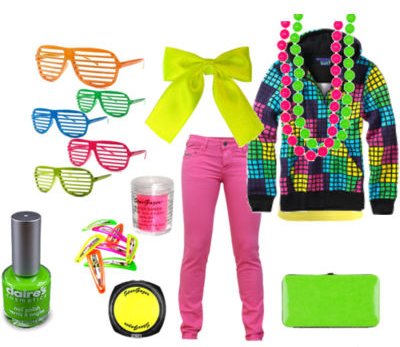
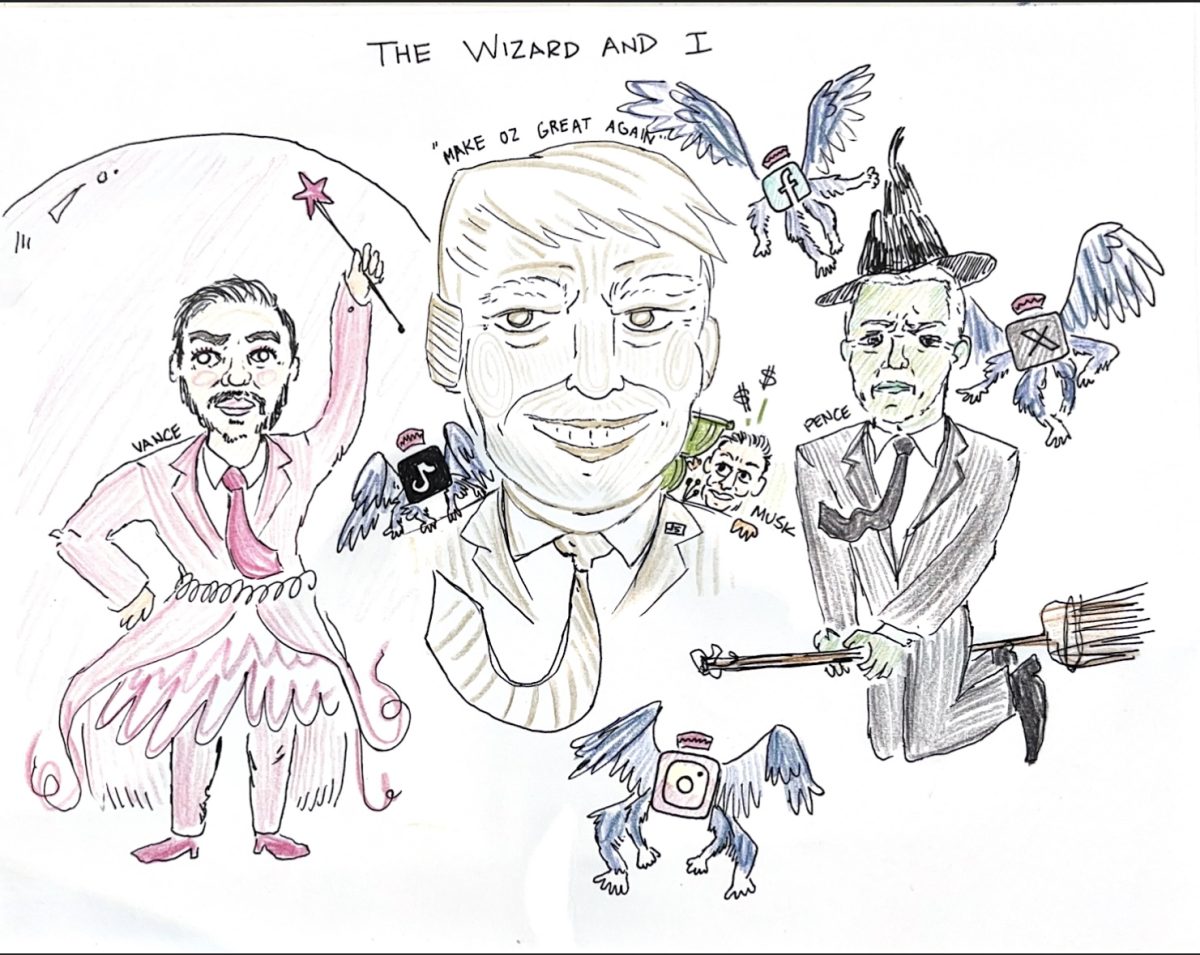

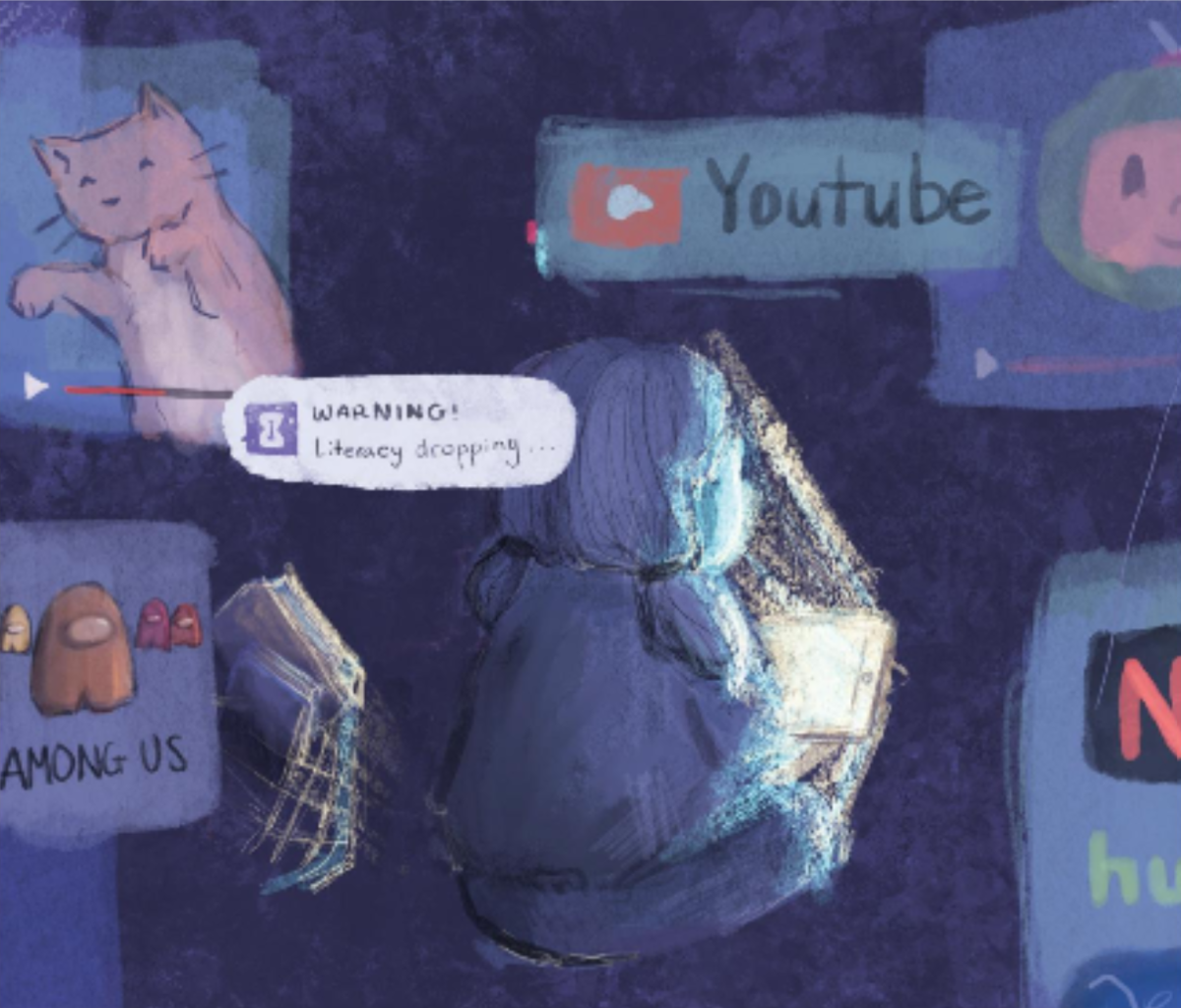

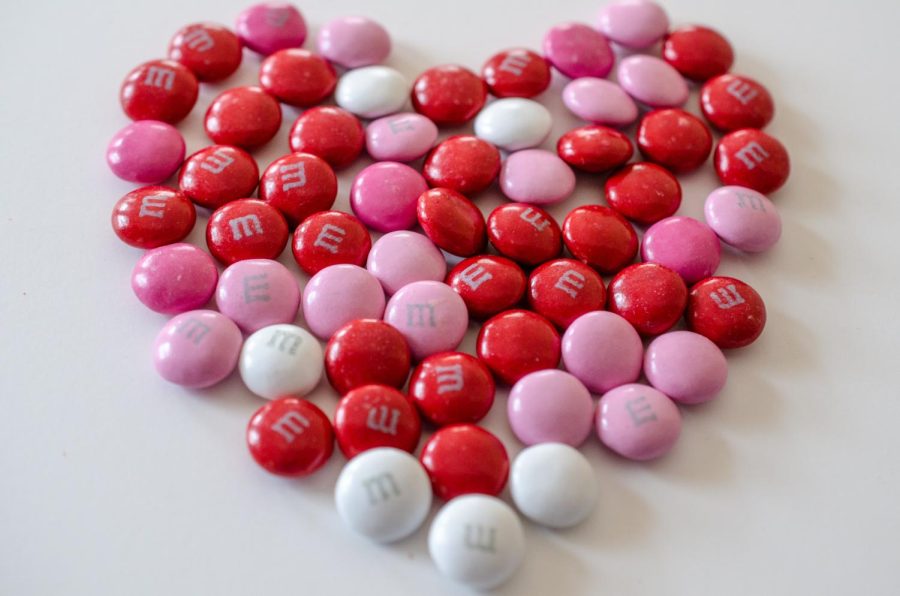
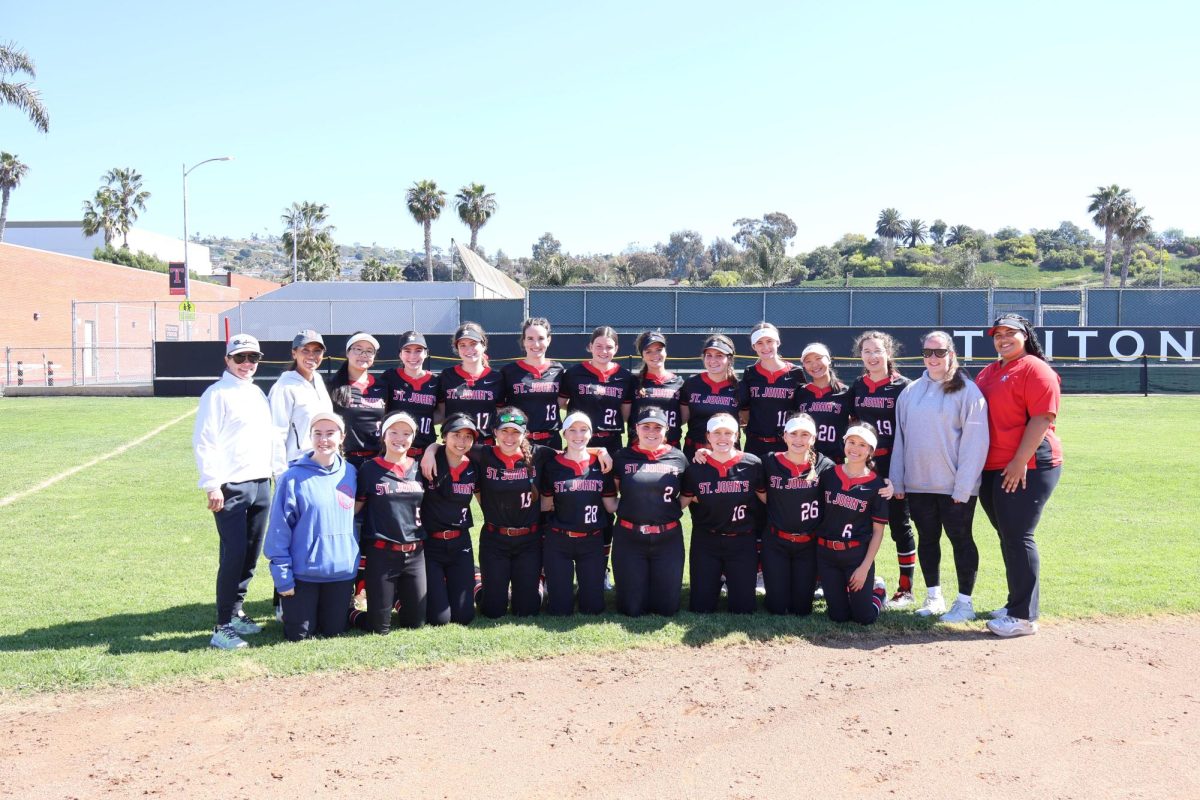

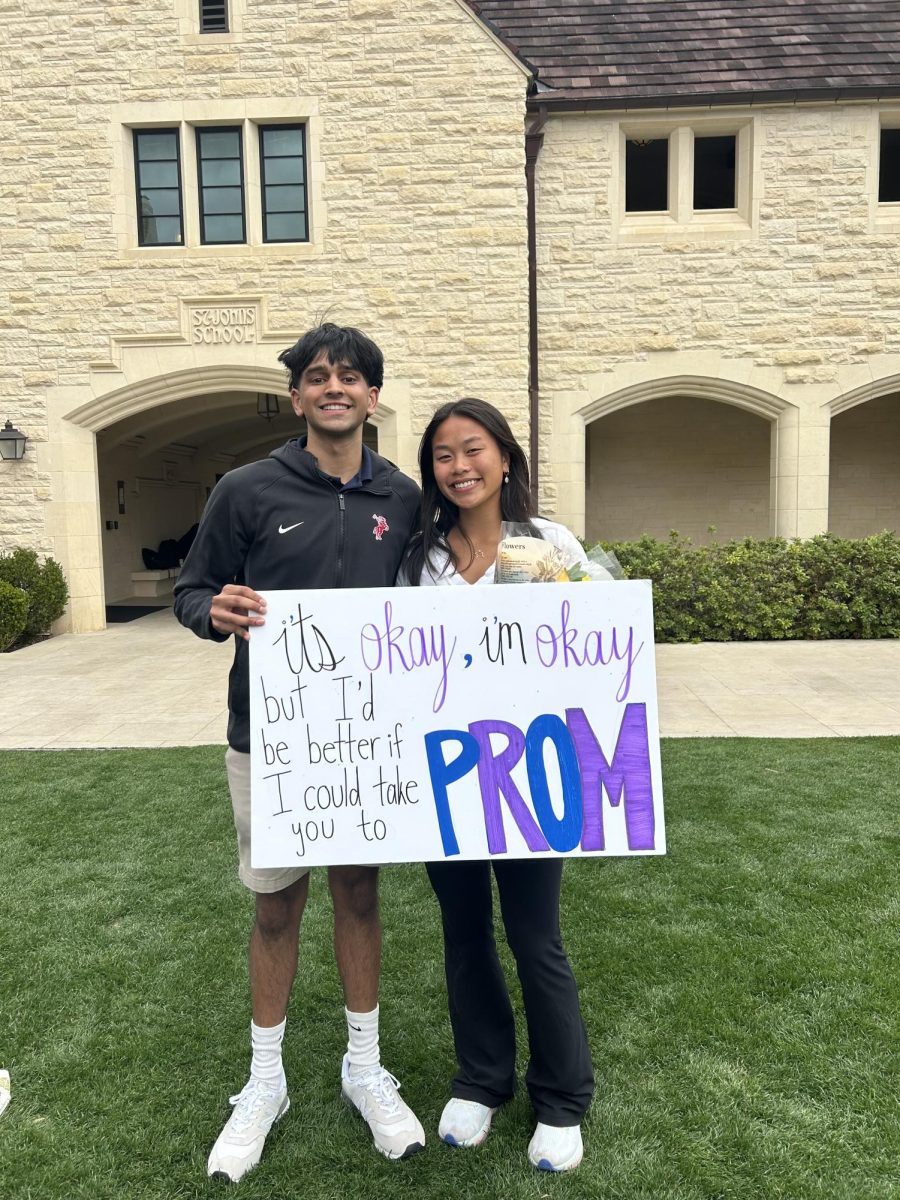





Zaviyar Khan • Nov 19, 2024 at 6:43 PM
This article was next level if I do say so myself.